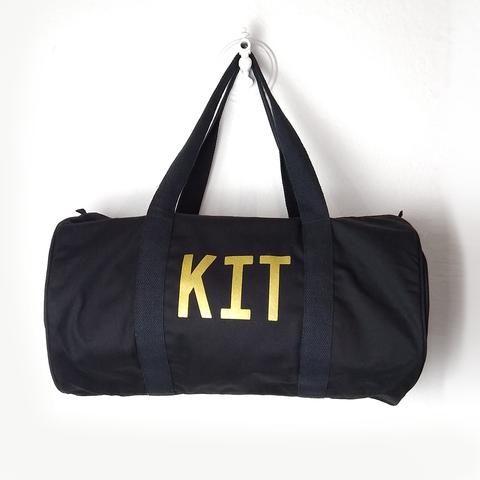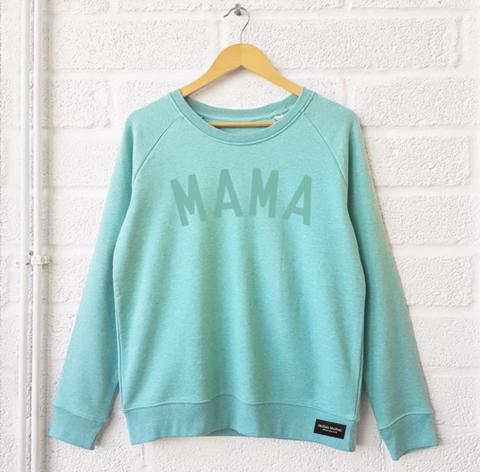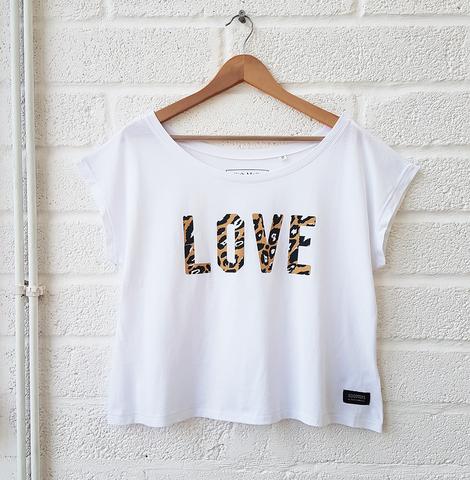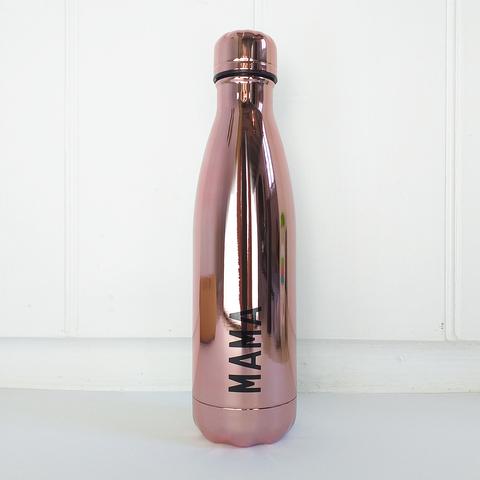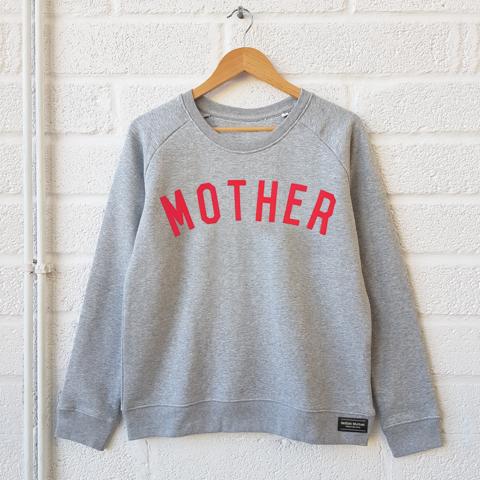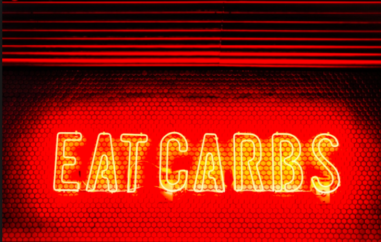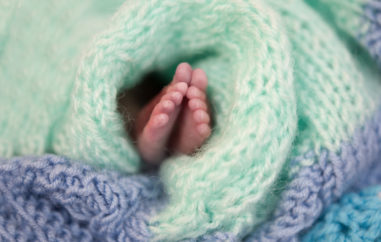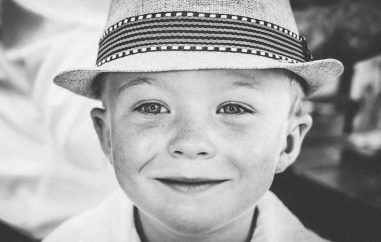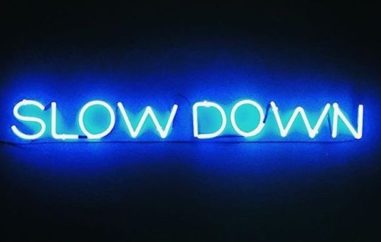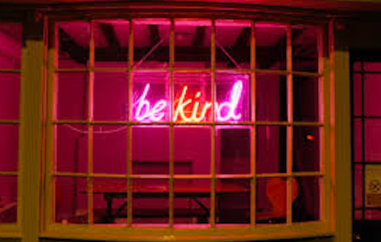Postnatal Depression After Infertility
1
I suppose the most difficult thing for me to get my head around was that even after waiting seven years to get pregnant I still managed to suffer with postnatal depression. I know that’s an incredibly naïve statement because depression can affect anyone at any time, but I really didn’t think it would happen to me.
I have suffered with anxiety and low mood on and off throughout my life but I never expected to experience it during the postpartum period. I very quickly discovered that wanting a baby for so long and going through so much to get there
SelfishMother.com
2
wasn’t a guard against depression. Nevertheless, I felt like I should just shrug off how I was feeling because I’d finally got what I’d always wanted.
During the years of infertility the idea of finally having a baby was the light in the distance which filled me with hope, but the reality of those years was just heartbreak after heartbreak. Behind my cheery smile was a desperate ache that I just couldn’t fill with anything. So when I finally saw that tiny baby on the ultrasound scan it felt utterly magical.
I’d waited years to finally be
SelfishMother.com
3
pregnant, to have scan photos, to buy baby clothes, and to take my baby home from the hospital. I’d been through IVF treatment twice which had ended in miscarriage the first time and no fertilisation the second time, but then I happily became pregnant out of the blue. I genuinely felt like my baby was a miracle. So why wasn’t I constantly elated with pure joy? One night when I found myself in a dark place mentally, I couldn’t quite understand how it had happened to me.
I didn’t really want talk to anyone about how I was feeling initially as I
SelfishMother.com
4
just didn’t think they would understand, but the friends I did reach out to were nothing but empathetic.
My daughter’s birth was quite traumatic, and as I developed a serious infection in the days afterwards, I was unwell for a long time. This meant I didn’t have an immediate bond with her, which was completely shocking to me. Of course, I loved my daughter and felt immensely grateful, but that bond was delayed and it took me a long time to try and see through the postnatal fog. Where was that instant bond I’d read so much about?
Eventually
SelfishMother.com
5
I decided to go on antidepressants to help with my anxiety and depression but three weeks into that course I found out I was pregnant again, so the doctor advised me to stop taking them. It was at this point that I turned to writing to help myself. This became a productive way of organising my thoughts. It was a very emotional process, but also undeniably freeing.
Towards the end of the next pregnancy I became frightened of how I would cope after the birth. I was scared that I would plunge back into the depths of postnatal depression and not know how
SelfishMother.com
6
to climb out. But I told myself to just take one day at a time, try not to dwell on every difficult thought or feeling, and to take time for my own self-care whenever I could (easier said than done with two children under two).
One thing that I now truly understand is that no matter how thankful you are or how much love you feel for your children, depression can come to you anyway. It’s nothing you’ve done, it’s not your fault — it’s out of your control.
I was afraid of other people’s judgements, but just admitting there was a problem
SelfishMother.com
7
was a big step towards healing. Just talking to someone – anyone – can help in abundant ways.
SelfishMother.com
This blog was originally posted on SelfishMother.com - why not sign up & share what's on your mind, too?
Why not write for Selfish Mother, too? You can for free and post immediately.
We regularly share posts on @SelfishMother Instagram and Facebook :)
Elizabeth Lockwood - 24 Sep 17
I suppose the most difficult thing for me to get my head around was that even after waiting seven years to get pregnant I still managed to suffer with postnatal depression. I know that’s an incredibly naïve statement because depression can affect anyone at any time, but I really didn’t think it would happen to me.
I have suffered with anxiety and low mood on and off throughout my life but I never expected to experience it during the postpartum period. I very quickly discovered that wanting a baby for so long and going through so much to get there wasn’t a guard against depression. Nevertheless, I felt like I should just shrug off how I was feeling because I’d finally got what I’d always wanted.
During the years of infertility the idea of finally having a baby was the light in the distance which filled me with hope, but the reality of those years was just heartbreak after heartbreak. Behind my cheery smile was a desperate ache that I just couldn’t fill with anything. So when I finally saw that tiny baby on the ultrasound scan it felt utterly magical.
I’d waited years to finally be pregnant, to have scan photos, to buy baby clothes, and to take my baby home from the hospital. I’d been through IVF treatment twice which had ended in miscarriage the first time and no fertilisation the second time, but then I happily became pregnant out of the blue. I genuinely felt like my baby was a miracle. So why wasn’t I constantly elated with pure joy? One night when I found myself in a dark place mentally, I couldn’t quite understand how it had happened to me.
I didn’t really want talk to anyone about how I was feeling initially as I just didn’t think they would understand, but the friends I did reach out to were nothing but empathetic.
My daughter’s birth was quite traumatic, and as I developed a serious infection in the days afterwards, I was unwell for a long time. This meant I didn’t have an immediate bond with her, which was completely shocking to me. Of course, I loved my daughter and felt immensely grateful, but that bond was delayed and it took me a long time to try and see through the postnatal fog. Where was that instant bond I’d read so much about?
Eventually I decided to go on antidepressants to help with my anxiety and depression but three weeks into that course I found out I was pregnant again, so the doctor advised me to stop taking them. It was at this point that I turned to writing to help myself. This became a productive way of organising my thoughts. It was a very emotional process, but also undeniably freeing.
Towards the end of the next pregnancy I became frightened of how I would cope after the birth. I was scared that I would plunge back into the depths of postnatal depression and not know how to climb out. But I told myself to just take one day at a time, try not to dwell on every difficult thought or feeling, and to take time for my own self-care whenever I could (easier said than done with two children under two).
One thing that I now truly understand is that no matter how thankful you are or how much love you feel for your children, depression can come to you anyway. It’s nothing you’ve done, it’s not your fault — it’s out of your control.
I was afraid of other people’s judgements, but just admitting there was a problem was a big step towards healing. Just talking to someone – anyone – can help in abundant ways.
Did you enjoy this post? If so please support the writer: like, share and comment!
Why not , too? You can share posts & events immediately. It's free!
Elizabeth Lockwood is a stay at home mum, part-time editor and student. Elizabeth lives in Wales with her husband and children, and is the author of Little Something: A Journey of Miracles from Infertility & IVF to Marathons & Motherhood.
LIST




